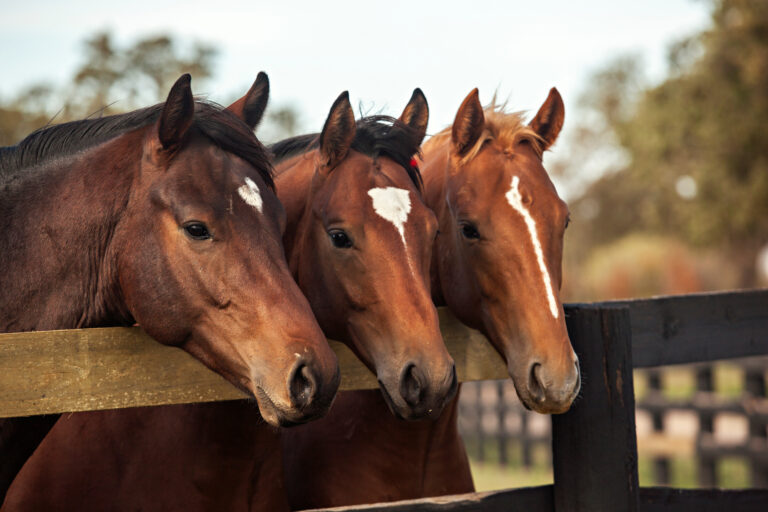The following research conducted at the University of Kentucky looked into the potential that hops could be used to control fructan fermentation in the hindgut of horses. The authors concluded that, “These results are consistent with the hypothesis that hops β-acid prevented the growth of fructan-fermenting equine fecal bacteria, and that the mechanism of action was dissipation of the intracellular potassium of S. bovis.”
The article entitled “Inhibition of fructan-fermenting equine fecal bacteria and Streptococcus bovis by hops (Humulus lupulus L.) β-acid” was published in Applied Microbiology and can be found online at Wiley.com.
Abstract
“The goals were to determine if β-acid from hops (Humulus lupulus L.) could be used to control fructan fermentation by equine hindgut microorganisms, and to verify the antimicrobial mode of action on Streptococcus bovis, which has been implicated in fructan fermentation, hindgut acidosis, and pasture associated laminitis (PAL) in the horse.”
Authors
Brittany E. Harlow, University of Kentucky, Department of Animal and Food Sciences, Lexington, Kentucky
Laurie M. Lawrence, University of Kentucky, Department of Animal and Food Sciences, Lexington, Kentucky
Isabelle A. Kagan, USDA, Agricultural Research Service, Forage-Animal Production Research Unit, Lexington, Kentucky; and University of Kentucky, Department of Plant and Soil Sciences, Lexington, Kentucky
Michael D. Flythe, University of Kentucky, Department of Animal and Food Sciences, Lexington, Kentucky








